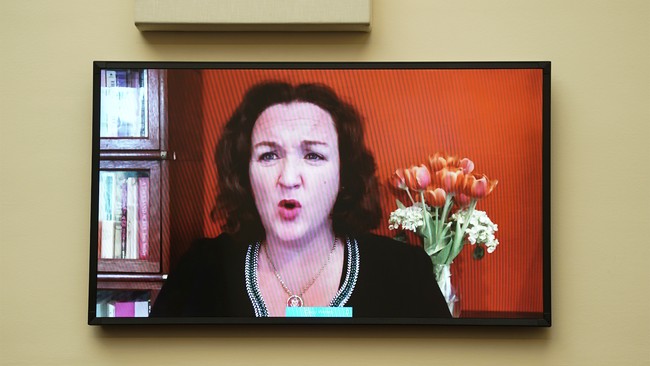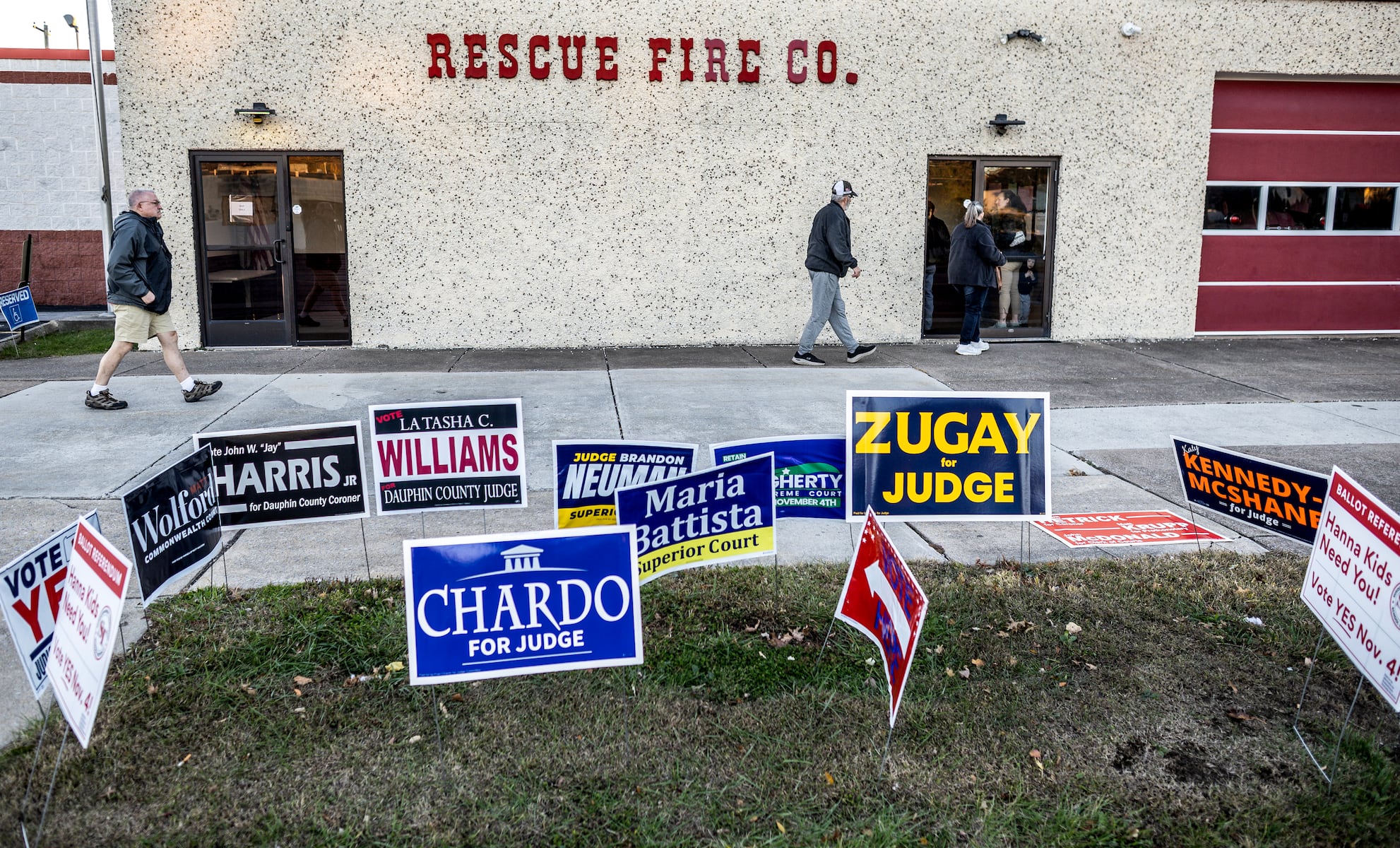Democratic candidate Katie Porter is facing significant backlash in her campaign for governor of California following a viral interview that showcased her refusal to answer basic questions from a local television reporter. The incident has sparked renewed scrutiny of her past interactions with aides and colleagues, contributing to a shift in polling where her Republican opponent, Sheriff Chad Bianco, now holds the lead.
In a clip that quickly gained traction online, Porter reacted defensively to questions that many deemed reasonable. Rather than engage constructively, she became visibly upset, prompting critics to label her response as disproportionate. This has raised concerns among voters about her temperament and ability to handle pressure in a high-profile political role.
Polling Trends and Public Perception
The fallout from the interview has been reflected in recent polls, which show Porter trailing Bianco. While she has attempted to maintain a narrative of being responsive to difficult questions, many commentators and social media users have questioned this assertion. One clip shared widely depicts Porter stating, “I think I’m known as someone willing to answer tough questions,” which was met with skepticism given her recent behavior.
Critics have also highlighted past incidents, including videos where she reportedly exhibited aggressive behavior towards her aides. Some observers have expressed concern that these interactions reveal a pattern of hostility that could undermine her candidacy. The juxtaposition of her claims with the footage has led to a wave of ridicule, with social media users creatively mocking her character.
Porter’s past personal life has also resurfaced, with allegations of abusive behavior towards her ex-husband. Reports indicate that during an argument, she allegedly poured boiling potatoes on him, raising further questions about her temperament and suitability for public office.
Implications for the Democratic Party
The backlash against Porter comes at a critical time for the Democratic Party in California. Her candidacy, once seen as a potential asset, is now viewed by some as a liability. As the campaign progresses, party members will need to consider the implications of her public image and how it aligns with their values.
While Porter attempts to push back against the negative narrative, her ability to connect with voters will be tested. The upcoming months will be crucial as she navigates the challenges posed by her opponents and her own controversial history. As the election date approaches, the Democratic Party must evaluate whether her candidacy can withstand the scrutiny it is currently facing.
The situation continues to evolve, and many are watching closely to see how Porter will respond to the mounting pressure and whether she can regain momentum in her campaign.







